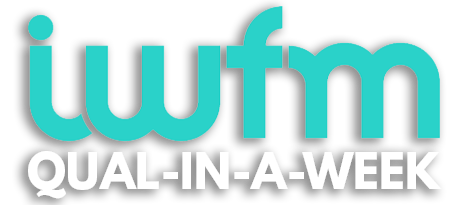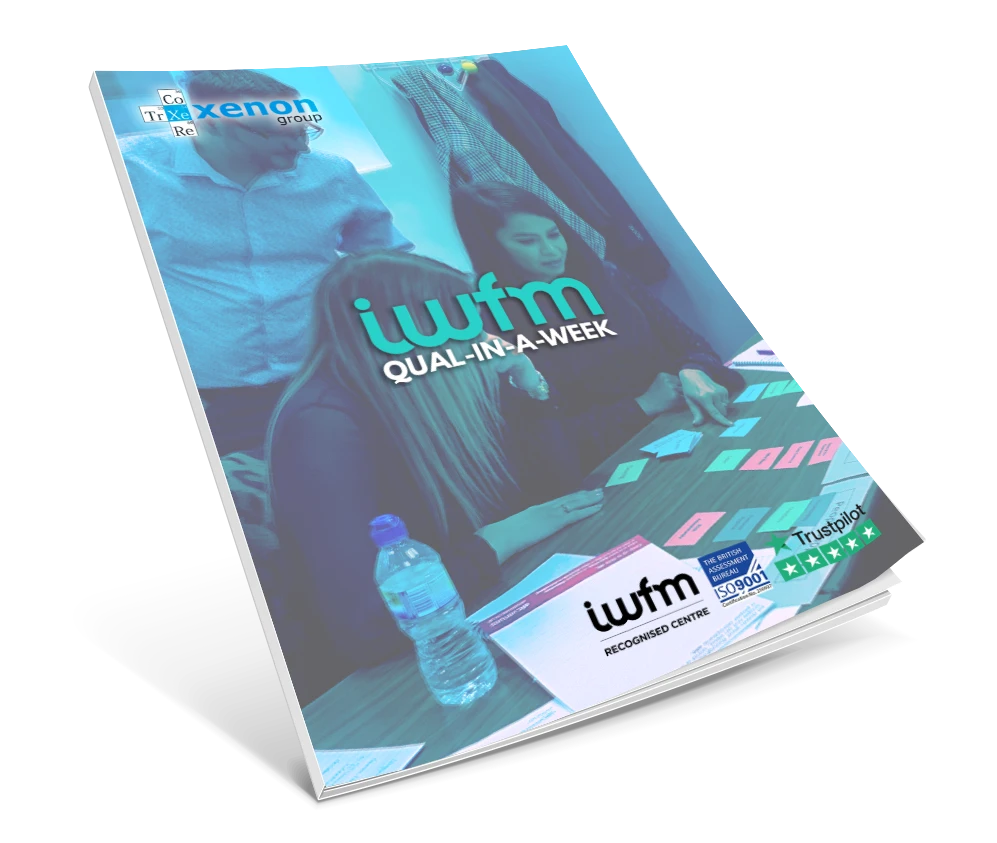Hi,
It’s a new week, a new month and a new topic for us today. We’re going to start exploring a topic which every facilities manager at every level will encounter throughout their career. Today, we’re going to be looking at budgeting.
The content in this series has been adapted from the Facilities Management Budgets course on XenZone, our online training library – the only one of its kind designed exclusively for facilities managers. If you’d like to find out more about XenZone, you can get more information and sign up for a free trial by clicking the big green button.
So, let’s move on to today’s topic.
What is a budget?
Let’s start at the beginning – it seems a sensible place to get going. Before looking more in-depth at budgets, we should make sure we know exactly what a budget actually is.
Put simply, a budget can be defined as:
All organisations will have a master budget for the whole organisation. This budget will then be used to allocate funds to specific departments in order to enable them to manage their own income and expenditure. Among others, there will usually be a marketing budget, an HR budget, an IT budget and, of course, a Facilities Management Budget.
Why have a budget?
The advantages of setting and managing a budget are numerous. Here’s a few examples:
- Financial Control – by writing a budget and then regularly monitoring your income and expenditure against it, you will have greater control over your finances, gain the ability to identify cost-saving opportunities and implement strategies to reduce unnecessary expenses.
- Proactive planning – Budgeting enables facilities managers to anticipate needs and schedule services ahead of time. This is particularly important in terms of maintenance activities where a proactive approach enables the facilities manager to implement a Planned Preventative Maintenance strategy, for example.
- Decision Making – Budgets serve as a roadmap for decision making. They guide facilities managers in making informed choices about investments, upgrades and resource allocation aligned with organisational goals.
- Mitigate Risk – Adequate budgeting considers compliance related expenses including inspections, certifications and necessary upgrades to meet regulatory standards, thereby minimising legal and operational risks.
- Operational Performance – Well managed budgets improve operational performance leading to smoother day-to-day operations. This includes ensuring that necessary supplies, equipment and staffing levels are maintained to meet operational demands.
- Resource Availability – Linked to the previous point, a well managed budget allows for the efficient allocation of resources ensuring that funds are used appropriately and are allocated where they are needed most. This prevents over investing in noncritical areas and ensures that essential operations are adequately funded.
- Performance Monitoring and Reporting – Finally, good budgeting enables performance monitoring and reporting. Proper budgeting facilitates the tracking of actual expenses versus the budget, enabling facilities managers to monitor performance, identify variances and take corrective actions.
That’s all for this week. Now you know why budgeting is important, next week we’re going to take a closer look at the two main types of budget that you will come across, the Operational Expenditure (OPEX) Budget and the Capital Expenditure (CAPEX) Budget.
Dont forget to get your free trial on XenZone – as we start to wind down for Christmas it could be the perfect opportunity to get in some extra training!
Have a great week!
Chris and the Xenon Team
P.S. If you haven’t already studied or started studying for an IWFM qualification, which will cover topics like this in depth and fully assess your understanding, you may want to have a look at our guide to the IWFM Qualifications which will give you a full breakdown of how they work and what’s involved in the different levels. You can download it here.
P.P.S. If you’re already considering taking a qualification but don’t know which level to go for, a good starting point is our One-Minute-Leveller tool, which will ask you a few questions and give you a recommendation based on the result. You can access it here.
P.P.P.S. Don’t forget you can read all of the previous issues on our website. If you’re new to the mailing list or you want to revisit an earlier issue without digging through your inbox, you can find all of our past issues in the Vault.



